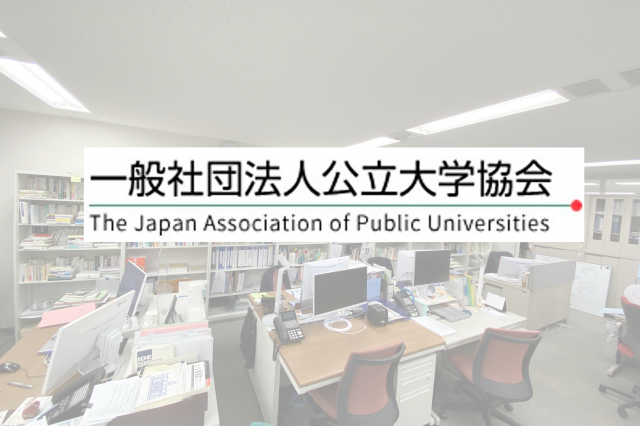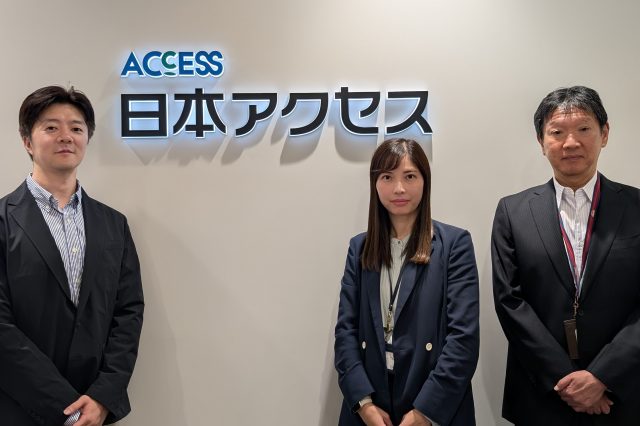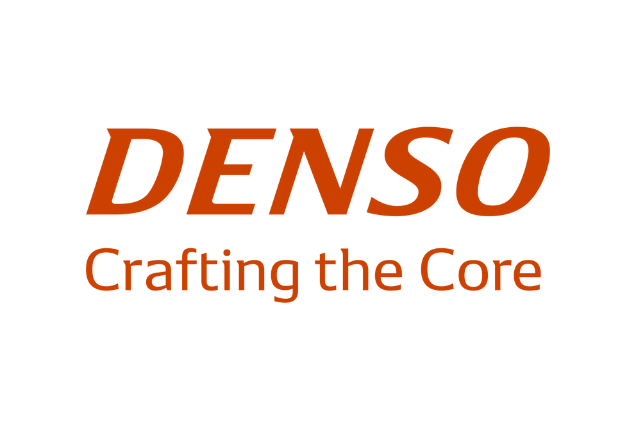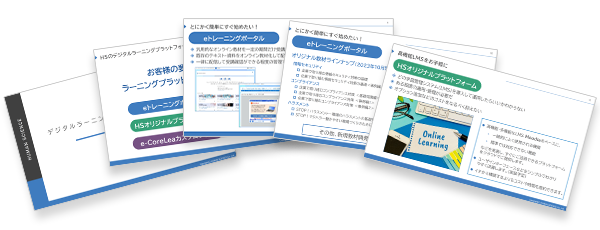Case Study on the Implementation and Operational Support of the "Public University Faculty and Staff Training System" Using Moodle
By implementing Moodle, we have established the e-learning platform "Public University Faculty and Staff Training System." It has become possible to provide approximately 30 courses of educational materials.
The number of registrants has reached nearly 400, and it is being widely utilized by various faculty and staff members.
We have received positive feedback such as, "It is great that there are no restrictions on time and place" and "It is good that I can learn at my own pace."


The Japan Association of Public Universities
Ms. Akane Ebihara, Secretariat, Public University Association
- Implementation and Operation Support
Customer Requests
-- Please tell us about the activities of the National University Association and Mr. Ebihara's work.
Mr. Ebihara: Our association was established with the aim of contributing to the promotion of public universities and the improvement and balanced development of higher education and academic research in the country. This year, we have 99 public universities as members, and we are conducting various activities to support operations and business promotion at public universities, including holding seminars to provide information for these purposes.
I belong to the secretariat and am responsible for planning and managing seminars.
--Please tell us about the background of the e-learning implementation.
Mr. Ebihara: Our association's seminars were conducted in face-to-face and group formats to enhance our training programs before 2020. In response to the spread of the COVID-19 virus from 2020, we began conducting training online using platforms like Zoom. Implementing online training and distributing video data on YouTube has made our training programs accessible "anytime, anywhere," which we believe has improved services for our member schools. At that time, we thought that by building a platform to accumulate and utilize video data, we could create a systematic training program at the Public University Association that could be used for the development of faculty and staff at member schools.
Initially, with the aim of introducing an e-learning platform that would allow for efficient management of viewing and member administration, we established a working group on the training system for public university faculty and staff in December 2020 and began our discussions.
-- When you contacted us in November 2021, was it decided from the beginning that you would use Moodle?
Mr. Ebihara: I received an introduction to case studies from a committee member, which led us to consider Moodle as one of the options.
In the working group, we were also considering other LMS options, but
・It has the features we want to implement as an association
・It can be set up quickly within budget and in line with the public release schedule
・Being open source, it does not depend on specific vendors even if we outsource the construction and operation support
・It is SCORM compliant, which is the standard for e-learning, allowing us to reuse content even if we change LMS in the future
Based on these points, we decided to adopt Moodle.
After that, we were introduced to Human Science Co., Ltd. through a member school teacher, and we made an inquiry.
We also spoke with other companies providing Moodle services, but the support system, technical skills, experience, and pricing were significantly better with Human Science Co., Ltd.
Customer Feedback from Clients
We supported the construction of the verification environment and trial operation from January to March 2022, and from April, we assisted with the operation in the production environment. How was the response from Human Sciences during the ongoing project?
Mr. Ebihara: The main method of hearing was via email, but I felt that communication was difficult with just written text, so it might have been better to have regular face-to-face meetings. Since this was our first time building e-learning, there were many things we didn't understand, so being able to align through verbal communication or web meetings would have increased our sense of security.
It has been about three months since the operation started in April 2022. How has the response been? (Interview date: June 20, 2022)
Mr. Ebihara: Currently, the "Public University Staff Training System" offers 4 categories with a total of about 30 courses. We started notifying member schools in April 2022, and the number of registrations has now approached 400, widely utilized by various faculty and staff.
Faculty and staff have expressed positive feedback such as, "It's great that there are no time or location constraints" and "I appreciate being able to learn at my own pace."
Additionally, it seems that the training materials are also being used for newly hired staff.
With the implementation of remote work, it has become challenging to provide onboarding education for new staff. Even in situations where practical knowledge is lacking, by watching video materials on the basic knowledge of public universities and how to conduct operations, we have received feedback that it is helpful to understand the trends in national higher education policy, such as the establishment of public universities, and the fundamental aspects of university operations.
-- What are your plans for future utilization?
Mr. Ebihara: We are currently providing information to encourage more people to utilize the "Public University Faculty and Staff Training System" among the seminars being held online.
In the future, we would like to actively provide information to help you understand the "Public University Faculty and Staff Training System" and promote its use. We also plan to explore the use of badges and other features, aiming to establish a system that allows us to grant badges to specific course participants.















